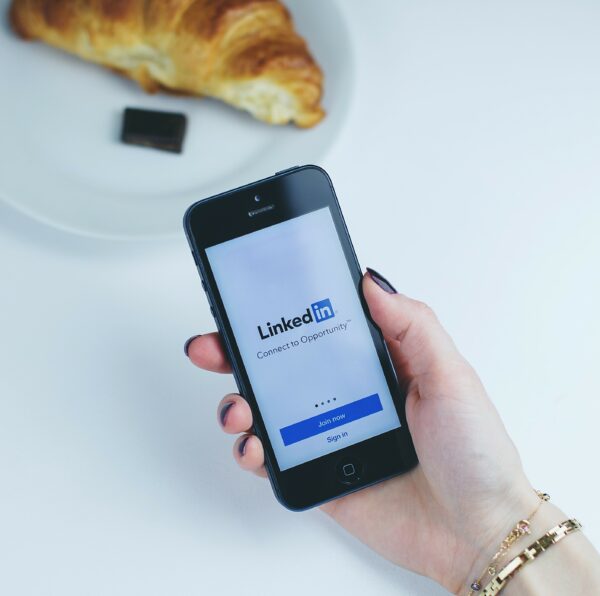
A job interview can be one of the most nerve-wracking experiences for a jobseeker. Candidates must display confidence, intelligence and a strong sense of their personality. However, new research from Glassdoor shows how the interview process has extended, becoming twice as long as it was five years ago. We look at the statistics and why interviews have changed so much.
Extended Interview Process
The way interviews are conducted has changed considerably in recent years, with many industries using more detailed processes in order to determine a candidate’s suitability to a role. In 2010, the interview process took just 12.6 days as opposed to last year’s 22.9 days. There are multiple reasons for the extended time period, mainly due to a changing employment culture which has had to adapt as the economy recovers from the downturn.
The Glassdoor survey studied the techniques of over 344,000 interviews spanning six countries to glean an accurate insight and found that the attitudes of both candidates and their potential employers have changed with the economy. The survey demonstrates a desire from the employer to conduct deeper research into candidates’ backgrounds and personalities as well as trying to ascertain less tangible elements such as company loyalty.
What Has Changed?
Little has changed in terms of how an interview is conducted, with 68% of companies still using one-on-one interviews and 56% interviewing over the telephone in order to discover more about the candidate. However, it appears as though the candidate’s word only goes so far in today’s culture, with a high percentage of jobseekers reporting background checks, drug tests and personality tests. In fact, the percentage of candidates receiving background checks has almost doubled since 2010, jumping from 25% to 42%. 16% to 23% of employers feel the need for drug tests and 12% to 18% conduct personality tests to determine a candidate’s fit within a company culture.
The research also shows a correlation between the amount of time taken to interview and the pressure or training required within certain industries or sectors, with police officers, patent examiners and assistant professors taking 127.6 days, 87.6 days and 58.7 days respectively. In contrast, jobs such as waiter/server, bar staff and entry-level marketing jobs require a shorter interview process, taking between 3 and 7 days.
The reasons behind the longer processes may boil down to changes within the economy. We have previously written about the expenses incurred when trying to find staff and employees, which can often run into the tens of thousands due to either advertising costs or loss of money while the new hire is reaching maximum productivity; these new, extended processes give employers the chance to screen areas of a candidate’s suitability before committing to a hire.
Be Memorable for the Right Reasons
For candidates, this new research may seem daunting as with such long interview times they may feel uncertain of their chances. In order to be remembered by recruiters for the right reasons, it has been said again and again that eye contact, confident communication and research are ways to impress, but career coach and psychologist Janet Scarborough Civitelli cites what colour a candidate wears as a distinctive tell. Speaking to The Cheat Sheet, she said that the following colours are a no-no for interviews:
• Orange – It may be the new black on TV but in the interview room it does not come across so well. A study by CareerBuilder.com saw 25% of employers cite orange as being an unprofessional colour; it also has the lowest correlation with confidence.
• Red – Red has long been connected with strong emotions such as love and passion, but also anger and confrontation. Whereas it is likely those in red will be remembered, it is a definite risk and can convey a combative nature, which does not incite the best emotions in the recruiter. Having said that, candidates wearing red are likely to be seen as confident as they throw caution to the wind by wearing such a strong shade. We suggest a compromise by going for a dark red or maroon shade.
• Brown – Brown may be a calming and safe colour, but it can also come across as boring. Civitelli says that although shades of brown are associated with comfort and reliability, it does not convey much personality which might be a downside if candidates are interviewing for a fast-paced job in a busy office environment.
There are many hurdles to jump throughout the interview process, and with companies spending more time than ever deliberating over the best course of action, candidates must do everything they can to not get lost in the ether. Having said that, companies who take time deciding are helping both themselves and the candidate as they ensure a proper fit, in terms of both skills and personality, making it easier for the new hire to find success in their new position.








